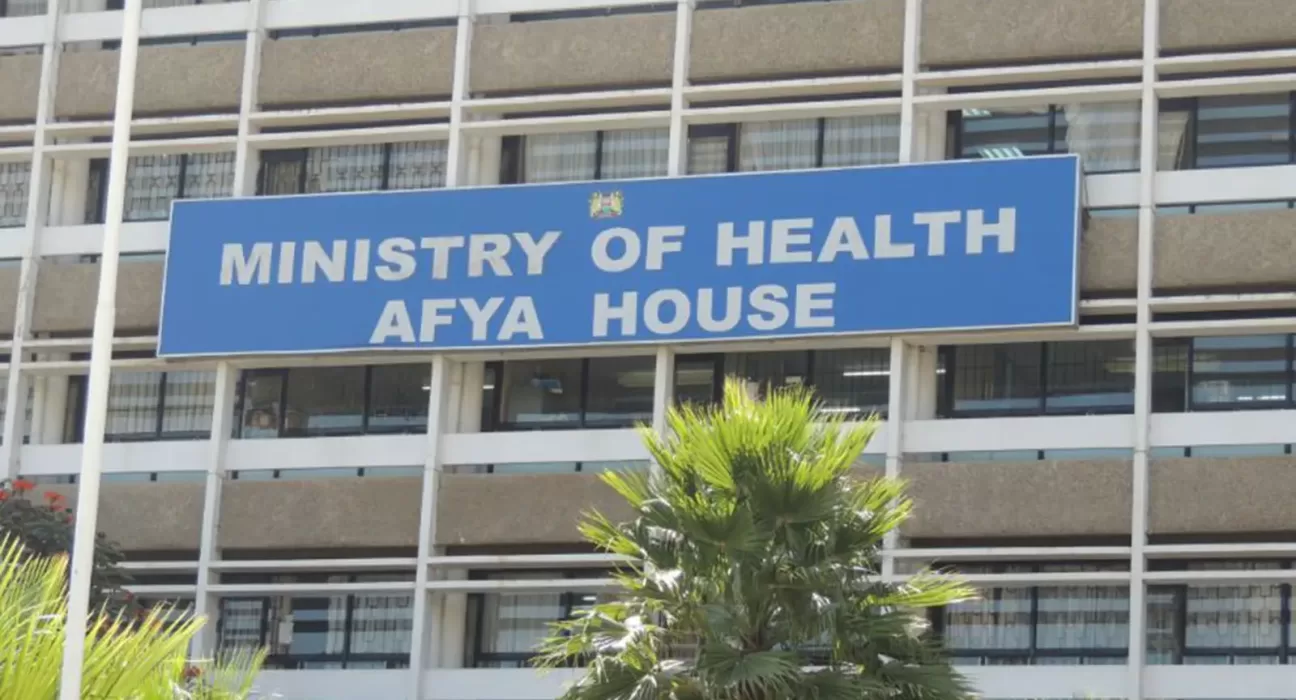An activist, Fredrick Bikeri, has initiated legal action against the implementation of the Social Health Insurance Scheme (SHIS), arguing that the transition from the National Hospital Insurance Fund (NHIF) is unworkable and detrimental to public health. Through his lawyer, Danstan Omari, Bikeri seeks to halt the implementation of Gazette Notice No. 603, dated January 25, 2024, which facilitated the takeover by SHIS.
“This unworkable transition is against public interest and public health, as it will affect those in dire need of timely healthcare, making it a matter of life or death, thus the urgency,” the court documents state.
The lawsuit names several defendants, including Elijah Wachira, Acting CEO of the Social Health Authority (SHA), the SHA itself, the SHA Transition Committee, Susan Nakhumicha the Cabinet Secretary for Health, the NHIF, and the Attorney General. Omari asserts that his client foresees a catastrophic gap in the health sector due to the lack of an accountable and procedural transition between the NHIF and the new government healthcare program.
“There will be no service delivery by healthcare facilities, and Kenyans will not be able to access healthcare services from facilities of their choice, which is contrary to the law and public interest,” Omari argues in the court papers.
The court documents emphasize the need to avoid interruptions in service delivery to safeguard lives, highlighting the time-sensitive nature of healthcare issues. Bikeri further contends that the Attorney General’s office has failed to advise the respondents on their mandate, particularly regarding the continuity of critical healthcare service delivery during the transition.
Bikeri also points out that the SHA’s website; www.sha.go.ke lacks information on senior management, indicating that the SHA has no staff or accountability for day-to-day activities, which is essential to avoid service disruptions. He accuses the SHA of failing to issue valid and enforceable contracts to healthcare facilities/providers before the expiration of previous contracts.
In a public address, the Cabinet Secretary for Health indefinitely extended the rollout of health benefits under the SHI Act, leaving the public and healthcare providers in limbo regarding the Primary Health Care Fund, Social Health Insurance Fund, and the Emergency, Chronic & Critical Illnesses Fund.
“The Health CS has on several occasions deliberately delayed this rollout with flimsy excuses that the platform is not ready, exposing Kenyans to out-of-pocket expenses due to the lack of stable coverage,” Bikeri argues.
Bikeri also criticizes Schedule 1 of the SHI Act as vague, opaque, and unimplementable, failing to specify which entity is responsible for ensuring continuous service delivery during the transition period.
“For matters as sensitive as public health, which largely touch on public interest, accountability for taxpayers’ money is paramount,” the court papers state.
Finally, Bikeri accuses the respondents of illegally extending unenforceable contracts, which could result in sick Kenyans being denied necessary healthcare services.






